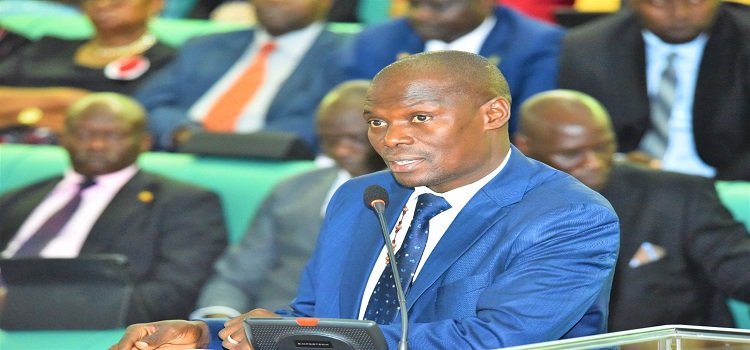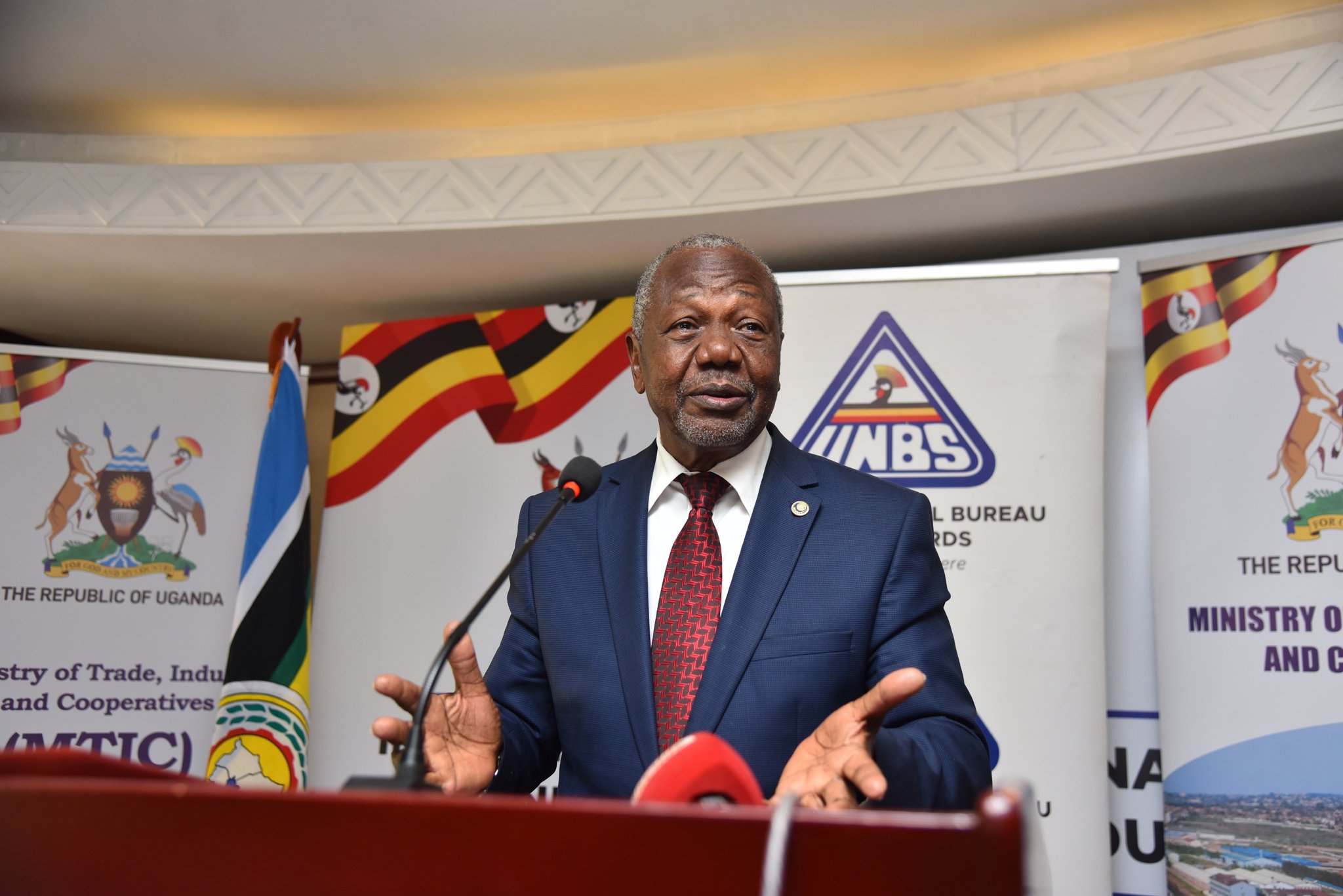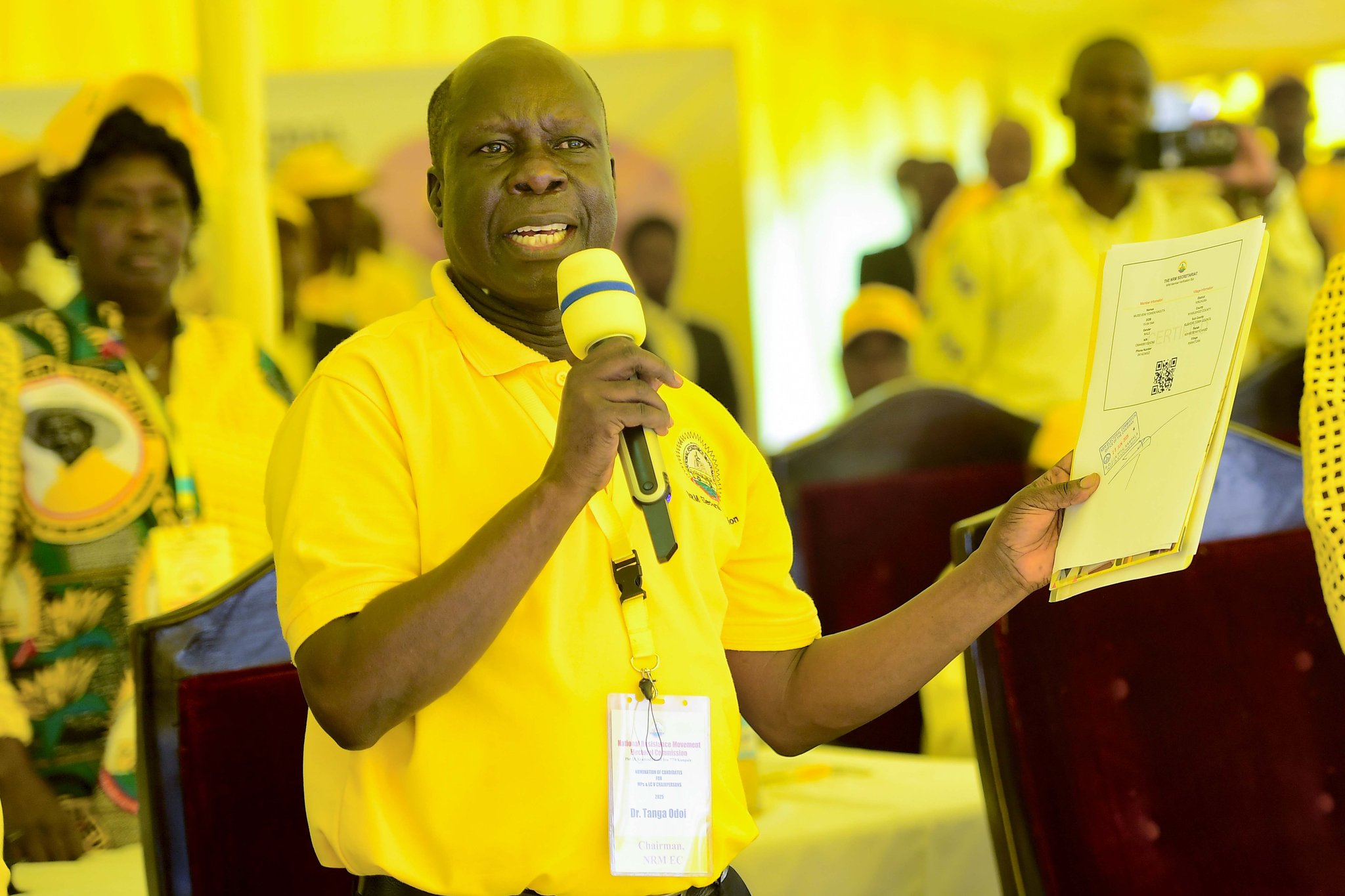KCCA Minister pushes for stricter land laws to boost infrastructure development
Presenting the KCCA Budget Framework Paper for the 2025/26 financial year before Parliament’s Presidential Affairs Committee, Kyofatogabye criticized Uganda’s legal framework on land acquisition, describing it as a major obstacle to national development.

The Minister of State for Kampala Capital City Authority (KCCA) and Metropolitan Affairs, Kyofatogabye Kabuye, has urged the government to introduce stricter laws allowing compulsory land acquisition to accelerate public infrastructure projects and improve Uganda’s transport network.
Presenting the KCCA Budget Framework Paper for the 2025/26 financial year before Parliament’s Presidential Affairs Committee, Kyofatogabye criticized Uganda’s legal framework on land acquisition, describing it as a major obstacle to national development.
“The main challenge in expanding our road network is the land issue. The government must stop pleading with landowners and take decisive action. If we need a road, we should break ground and build it—compensation can follow later,” Kyofatogabye argued.
This push for land reforms follows similar calls by the Minister of State for Planning, Amos Lugoloobi, who recently appealed to Parliament to support reforms that allow land acquisition for public interest projects without lengthy compensation disputes. Lugoloobi warned that unresolved land issues were delaying critical projects and inflating the costs of idle loans.
“We are losing money due to delayed projects. Reforms are necessary to secure land for public projects without prolonged court battles,” Lugoloobi emphasized.
A similar proposal to amend Article 26 of the Constitution in 2017 faced strong resistance, with critics warning that such reforms could encourage land grabbing. Concerns were also raised over instances where public land acquired for development was later privatized.
Kyofatogabye highlighted ongoing challenges, including the Bugolobi-Port Bell Road drainage project, where a developer is demanding UGX 3 billion for compensation despite the land legally belonging to KCCA.
“I told him, ‘If you block this drainage, your property will be destroyed,’ but he insists on being compensated. This is public land,” Kyofatogabye said.
The minister also addressed the housing crisis in Kampala, responding to concerns raised by Kampala Central MP Muhammad Nsereko. Nsereko criticized KCCA for failing to resolve the city’s housing deficit and suggested adopting Nairobi’s model of public-private partnerships to construct affordable housing on public land.
“The government should partner with private developers to build affordable housing units on public land. This approach would reduce the housing shortage and generate revenue for KCCA,” Nsereko proposed.
Kyofatogabye supported the idea but noted that past poor decisions by Kampala District Land Board officials, including the mass leasing of public land, had left KCCA with limited space for development projects.
“Public land meant for utilities was sold off, leaving us with no space for schools, road expansions, or housing projects,” he lamented.
The minister also pointed out that most Kampala roads were initially designed with narrow corridors, assuming landowners would willingly offer space for expansions. This assumption has complicated efforts to upgrade roads to modern urban standards, which require drainage systems, walkways, streetlights, and utility ducts.
“We are not building new roads; we are only upgrading existing corridors. Even then, we need extra space for modern designs,” Kyofatogabye explained.
The calls for compulsory land acquisition reforms remain a contentious issue, as the government seeks to balance development priorities with protecting citizens’ property rights.







